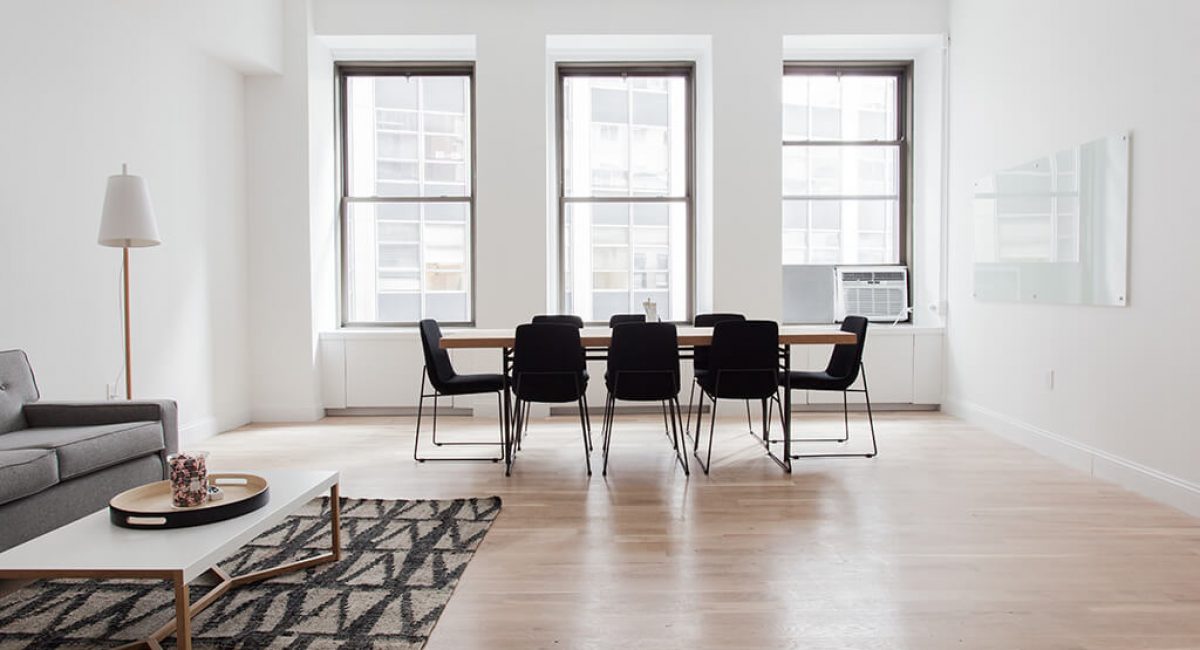
Do I Invest in Commercial or Residential Property?
It is important to weigh up the costs and the benefits to any venture before you invest, and commercial property is no different. Although the residential properties are what usually springs to mind when investment is mentioned, it is important to consider that commercial properties also have their benefits.
What is Commercial Property?
Commercial property simply refers to premises used for business activities. In recent years, leasing has become an increasingly popular method of purchasing property in the UK, potentially due to the longer lease structure in comparison to Europe and the US.
Navigating whether to think outside of the box and invest commercially can be a difficult choice to make, so we are here to put the facts before you.
Pros:
Cons:
What is Residential Property?
This property type is more commonly known amongst investors and describes a dwelling which is leased for non-business occupation; it is also advisable to seek the expertise of residential conveyancing solicitors who can guide you through the legal aspects of buying or selling such properties. If you are purchasing a property to let, it is a good source of income, but there are also some potential downsides to consider:
Pros:
Cons:
Conclusion
Whether you choose to invest in commercial or residential property, Ackroyd Legal will provide guidance on purchasing and extending leases to property development. Although both residential and commercial investments can appear daunting, our team of specialist solicitors are there to help you every step of the way.
According to the consumer choice brand Which?, “a typical lease length in a London office is generally between 10 and 15 years,” allowing for an increased element of security. This is contrasted with residential property which usually has a lease of “six months to a year”.



16 Prescot Street,
London, E1 8AZ
Ackroyd Legal is a trading style/name of Ackroyd Legal (London) LLP , which is authorised and regulated by the Solicitors Regulation Authority, SRA No. 554585 and is a LLP registered in England & Wales, Company No. OC360125; VAT no. 445717436;
David Ebert LLP is a separate entity from Ackroyd Legal (London), LLP and are authorised and regulated by the Solicitors Regulation Authority, SRA no. 558176.